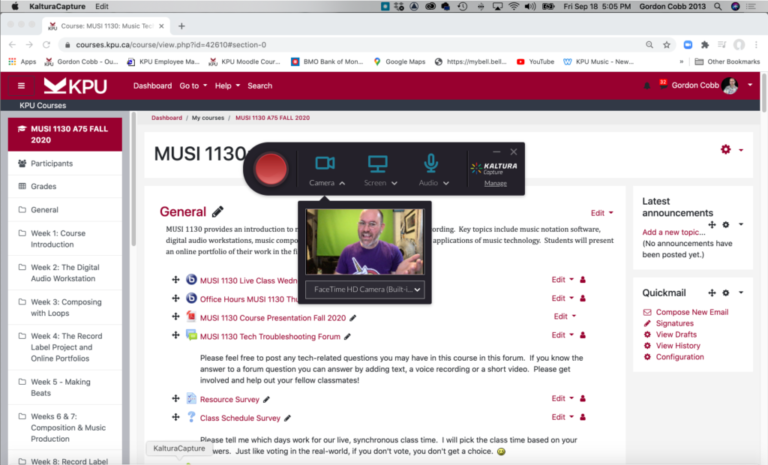Small Shifts in the Intercultural Classroom
“I just realized that everything I’ve learned in this project is actually preparing me to be better in the workplace”.
This is what a 4th year practicum student said to me today in one of our final meetings. The student has been working diligently over the last 3 months preparing a program to help new to Canada professionals transition to the Canadian workplace. This impromptu reflection from the student definitely brought a smile to my face and also reinforced for me how important it is that I develop my ability to work, teach and communicate across different cultures.
This is important to me because I need to create a learning environment where all of my students can learn and succeed. I also want to prepare my students for success in the workplace and I’m becoming increasingly aware that this means graduating students who are able to shift perspective and behaviours across cultural difference. A quick scan through the Conference Board of Canada’s Employability Skills reveals that many of the required skills are based on a fulsome understanding of diversity (demographic, cultural and cognitive) and an ability to work effectively across difference. The necessity of these skills in the Canadian workforce is reinforced by studies that tell us:
- “Organizations with diverse boards generate returns on equity that were 53% higher, on average, than less diverse boards. (KcKinsey&Company)
- Diverse groups perform better than homogeneous groups when making decisions. (Science Daily)”
Where do I start in my classroom?
This can feel like a tall order for instructors like me, who began their teaching careers in a much more homogenous environment than what I now experience on a daily basis at KPU. It can seem overwhelming and difficult to know where to start as we adapt teaching practices to address diverse learning needs and to prepare people for diverse workplaces where they can leverage a variety of ideas and perspectives.
The path that I found into the world of intercultural teaching reinforces the value and importance of small shifts in our teaching practice, and the fact that these small shifts can have a big impact on students’ learning and engagement. I was fortunate to participate in KPU’s first Intercultural Teaching 3 day workshop that focused on developing my cultural awareness, identifying facilitation skills that create inclusive environments and exploring opportunities to internationalize my curriculum.
The video posted below details two case studies of KPU Instructors and alumni of the KPU Intercultural Teaching Program sharing their experience of implementing small shifts into their teaching practice.
In the past 2 years over 45 KPU faculty have participated in the 3 day Intercultural Teaching Workshop. If you are interested in learning more and identifying small shifts you could incorporate into your teaching practice consider enrolling in the next Intercultural Teaching Workshop (August 19, 20, and 21). Contact lesley.mccannell@kpu.ca for more information.




